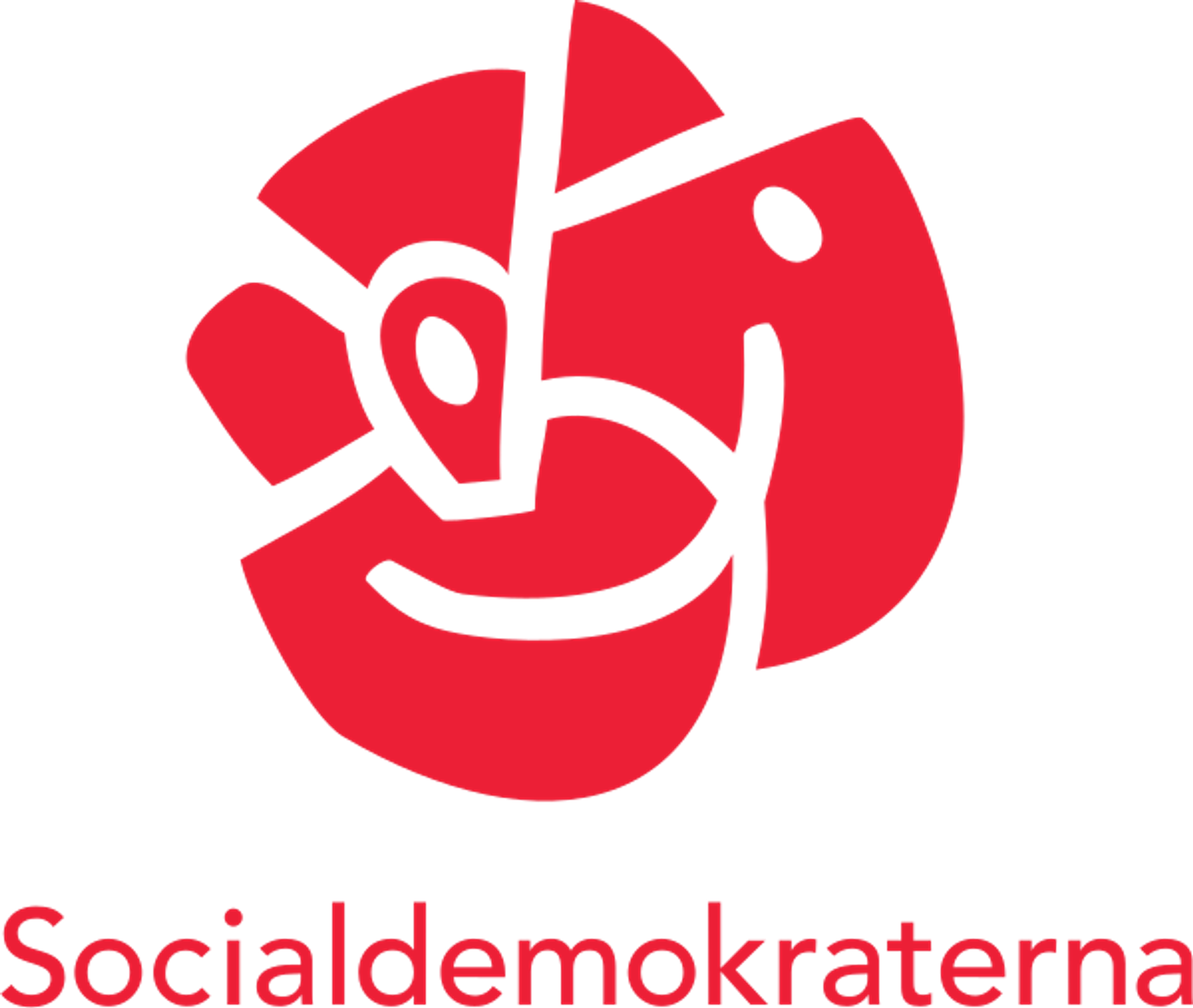
Hezbollah
What do people say about Hezbollah?
In Sweden, Hezbollah is predominantly viewed through a lens of suspicion and fear, largely due to its classification as a terrorist organization by many countries and its active involvement in violent conflicts. This perception is compounded by concerns over its alleged connections to extremism, which raises alarms among the Swedish public and government. The group’s militant arm, the Jihad Council, further exacerbates these fears, leading to a general consensus that Hezbollah poses a security threat. While there may be some discourse acknowledging its political role within Lebanon, the overarching sentiment remains one of skepticism and condemnation. Overall, Hezbollah's reputation in Sweden is characterized by a strong aversion towards its military actions and ideological extremism.
Where are the conversations happening?
The analysis of Hezbollah's perception in Sweden reveals a predominantly negative view across various media sources. Coverage tends to focus on its classification as a terrorist group, with significant discussions on its militant activities and implications for security. Swedish news outlets consistently highlight the threat Hezbollah might pose, often referencing international designations of the group as a terrorist organization. This narrative is reinforced by government statements and public opinion surveys that reflect widespread distrust towards Hezbollah and its affiliations.
What are the topics trending around Hezbollah?
Discussions around national security, terrorism, and the influence of foreign militant groups in Sweden are trending, reflecting growing public concern over extremist ideologies.
Why are these topics trending?
These trending topics are driven by heightened awareness of global terrorism and the potential for extremist groups to operate within or influence Sweden, prompting debates about national security measures and community safety.
How is Hezbollah being talked about?
Detailed breakdown of public sentiment and conversations about this entity.
Impact vs Sentiment
See how each entity's high impact percentage relates to their positive sentiment percentage from actual mentions.





